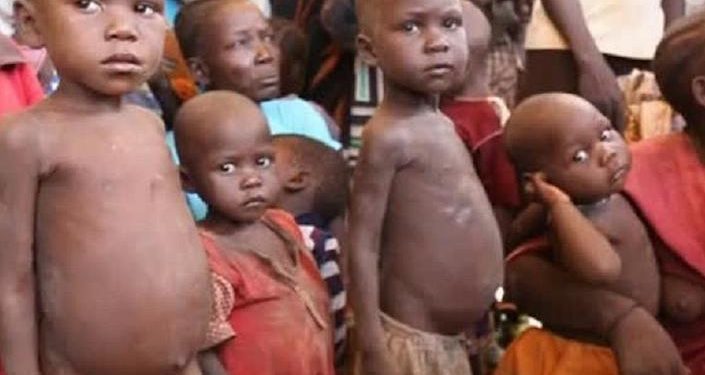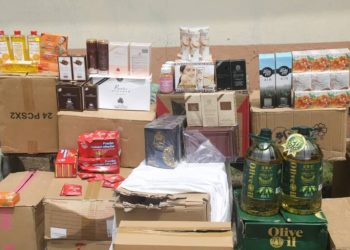The Federal Executive Council (FEC) on Thursday . I approved a World Bank credit of $300 million for the internally displaced and host communities in various states in the Northern part of Nigeria.
There was also approval of credit from the Islamic Development Bank and the African Development Bank for a total of $46 million; and $50 million from the African Development Bank and the Islamic Development Bank, respectively for the Sokoto health infrastructure project, with Sokoto State government being a counterpart financier of the health project.
This was disclosed to newsmen by Minister of Finance and Coordinating Minister of the Economy, Wale Edun, who also said that the macroeconomic indicators showed the economy had picked up, with one of the best results in the last decade.
He made the assertion at the Federal Executive Council meeting when he was called upon by President Bola Tinubu to update the cabinet members on the performance of the nation’s economy.
The Minister said: “The reforms that have been taken under your Renewed Hope Agenda, so bold and sometimes unpopular, are rooted in a clear objective to build a competitive economy that attracts, creates jobs and lifts millions out of poverty.
“In Q2 2025, Nigeria’s GDP grew by 4.23%, the highest in a decade, outside the COVID rebound. Thirteen sectors recorded growth above 7% up from nine sectors in the previous quarter.
“The industrial sector nearly doubled its growth from 3.72% to 7.45%, reflecting rising productivity and investor confidence. Inflation eased to 18.02% in September 2025. As we know, foreign exchange reserves topped $43 billion, and our trade surplus reached N7.4 trillion.
“Clear examples of macroeconomic stability, as the consumer spending basket published earlier this year shows, our citizens now spend maybe about half of the income on basic needs, food, shelter and clothing, as compared with almost 90% previously.
“This signals a country moving from subsistence towards productivity and indeed affluence.”
The minister said the vision of reaching a one trillion dollar economy by 2030 was achievable by pursuing a 7% annual growth and a commitment to ending poverty as a moral imperative.
“Nigeria’s removal from the Financial Action Task Force Grey List marks a major milestone in strengthening our financial integrity and confidence.
“At the recent World Bank/IMF annual meetings, global leaders commended our reforms, our progress and the revised IMF growth forecast of up to nearly 4% and improved credit ratings,” the minister added.
He said there was an urgency to mobilise domestic resources and provide investment to finance infrastructure, as well as drive sustainability and job-rich growth.
Yesterday’s hugely successful $2.35 billion Eurobond issuance, in which the order book peaked at over $13 billion, is a testament to continued investor confidence in our country, our reform agenda and Mr President’s leadership.
“Despite the political headwinds which we are all aware of, the market shrugged off those political considerations and focused on the economic fundamentals of Nigeria” he stated.









